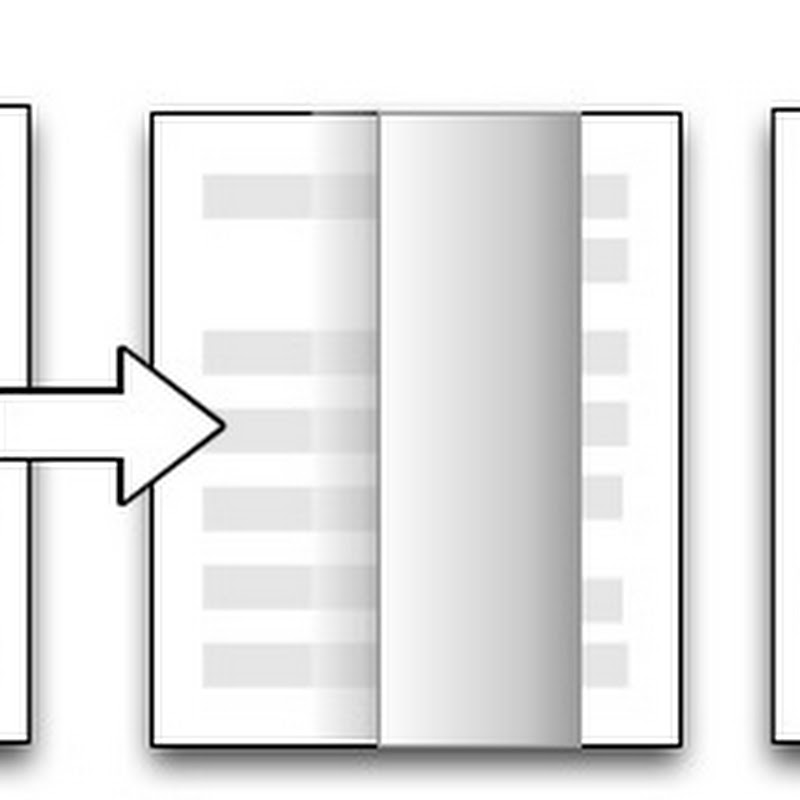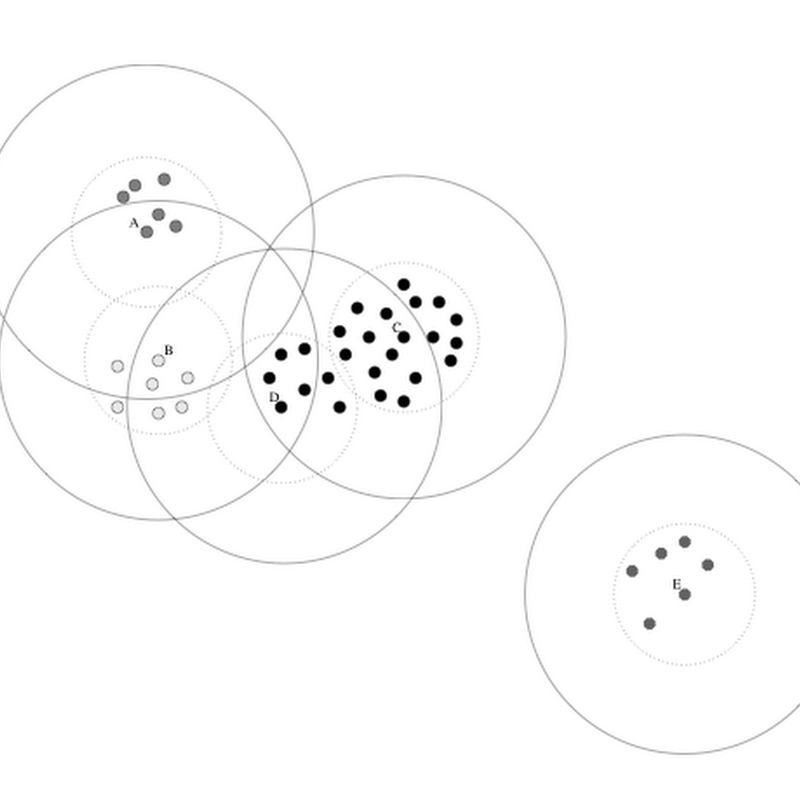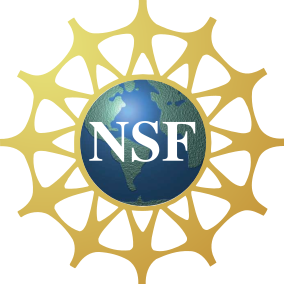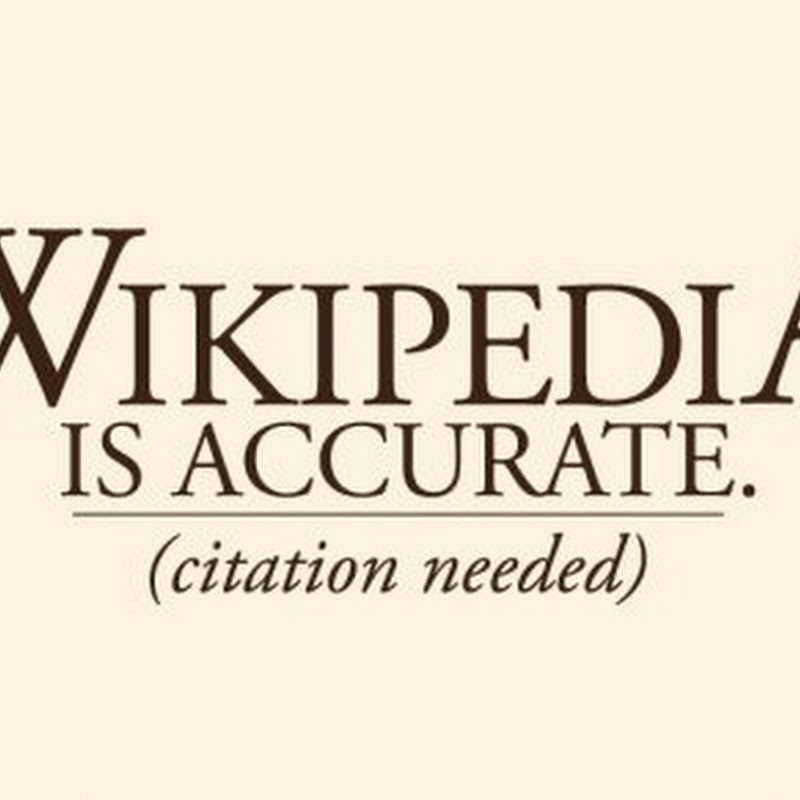
Quick demo of the mockup I alluded to in the previous post. Here's a screen shot of the article "PhyloExplorer: a web server to validate, explore and query phylogenetic trees" (doi:10.1186/1471-2148-9-108) as displayed as a web-app on the iPad.

Quick demo of the mockup I alluded to in the previous post. Here's a screen shot of the article "PhyloExplorer: a web server to validate, explore and query phylogenetic trees" (doi:10.1186/1471-2148-9-108) as displayed as a web-app on the iPad.

Apple's iBooks app is an ePub and PDF reader, and one could write a lengthy article about its interface. However, in the context of these posts on visualising the scientific article there's one feature that has particularly struck me. When reading a book that cited other literature the citations are hyper-links: click on one and iBooks forwards you (via the page turning effect) to the reference in the book's bibliography.

UKPMC users can now view counts and link through to Web of Science citation data for articles available via the UKPMC website. The UKPMC citations tab available on both the abstract and full text view of an article, already providing ‘cited by’ and ‘cites the following’ data, has been augmented by a WoS citation count, which links through to the full citation details on the WoS site.
One of the biggest challenges faced by modern scientists is information overload. The life sciences are probably the area most affected by it, with almost a million new entries being added to PubMed each year.
The Open Citations Project is global in scope, designed to change the face of scientific publishing. It aims to make bibliographic citation links as easy to use as Web links. Its goals are three-fold: To establish OpenCitations.net, a public RDF triplestore for biomedical literature citations.

Thinking about next steps for my BioStor project, one thing I keep coming back to is the problem of how to dramatically scale up the task of finding taxonomic literature online. While I personal find it oddly therapeutic to spend a little time copying and pasting citations into BioStor's OpenURL resolver and trying to find these references in BHL, we need something a little more powerful.

On April 26 I am attending a joint meeting of the NSF and EuroHORCS (European Heads of Research Councils) on “Changing the Conduct of Science in the Information Age”. I have been asked to submit a one page white paper in advance of the meeting and have been struggling a little with this. This is stage one, a draft document relating to researcher identifiers.
Hot on the heels of Geoffrey Nunberg's essay about the train wreck that is Google books metadata (see my earlier post) comes Google Scholar’s Ghost Authors, Lost Authors, and Other Problems by Péter Jacsó. It's a fairly scathing look at some of the problems with the quality of Google Scholar's metadata. Now, Google Scholar isn't perfect, but it's come to play a key role in a variety of bibliographic tools, such as Mendeley, and Papers.

While thinking about measuring the quality of Wikipedia articles by counting the number of times they cite external literature, and conversely measuring the impact of papers by how many times they're cited in Wikipedia, I discovered, as usual, that somebody has already done it. I came across this nice paper by Finn Årup Nielsen (arXiv:0705.2106v1) (originally published in First Monday as a HTML document, I've embedded the PDF from arXiv
Just a quick note from the IDCC given I was introduced as “one of those people who are probably blogging the conference”. I spoke this morning giving a talk on Radical Sharing – Transforming Science? A version of the slides is available at slideshare. It seemed to go reasonably well and I got some positive comments.